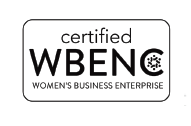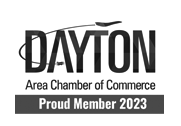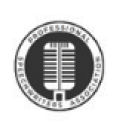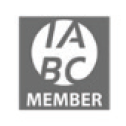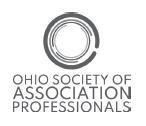Your style: Are you making these public speaking mistakes?
Use this checklist to determine if you are making mistakes with your style when you speak in public:
 1. Are you failing to reveal a little bit of yourself and your personality to the audience?
1. Are you failing to reveal a little bit of yourself and your personality to the audience?
As humans, we crave connection. The moment you reveal something about yourself to your audience is the moment you become human to them. It allows the audience to say to themselves, “I like this person and can trust what this person has to say.” If you hold back, gaining trust becomes a lot more difficult.
The fix: Find a way to personalize what you’re saying by sharing a relevant story about your family, your childhood, your hobby or a memorable experience related to the topic at hand.
2. Are you saying repeatedly, “Can you hear me?”
Young leaders who are nervous often use this phrase as a way to try and calm their nerves and gather their thoughts as they face the audience for the first time. But to the audience, this question can make a speaker appear timid and unprepared.
The fix: Test your voice with the sound system at least 30 minutes before you get on stage.
3. Are you using annoying crutch phrases?
It’s a bad habit when speakers rely on filler phrases as crutches to fill in their thinking between their actual thoughts. Some common crutch phrases are “at the end of the day,” “you know what I mean” and “I know, right?” Hearing crutch phrases repeatedly can wear quickly on an audience and cause you to be perceived as boring.
The fix: Join a local Toastmasters group, which can help you become aware of your own crutch phrases. Once you recognize them, you can reduce or even eliminate them by learning to pause between thoughts instead of inserting filler words between thoughts. (Bonus: A local Toastmasters group can teach you how to avoid common public speaking mistakes and improve your communication and leadership skills.)
4. Are you forgetting to include any memorable one-liners that people in your audience will repeat and share later?
What you say and how you speak should not sound like an article or a white paper. You need to be conversational – even a bit witty! – if you want to gain points with your audience and help them remember what they need to remember and share with others.
The fix: Be intentional about including a clever turn of phrase or two that your audience will enjoy.









